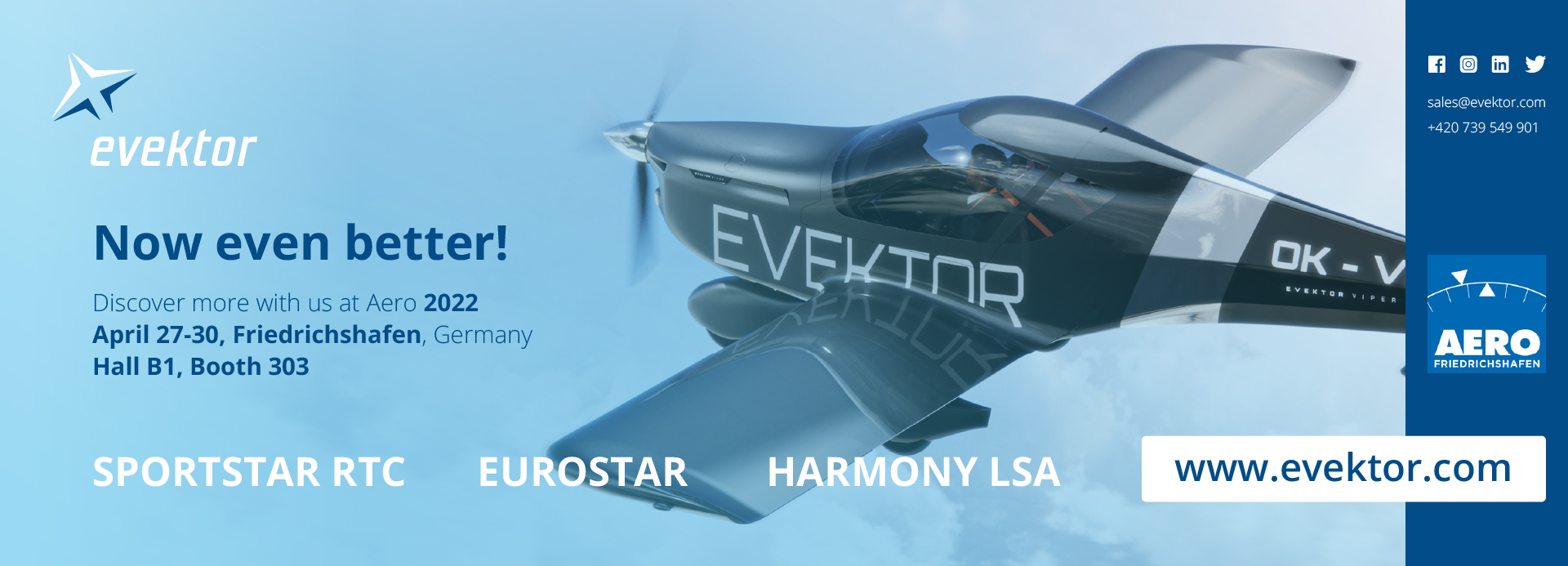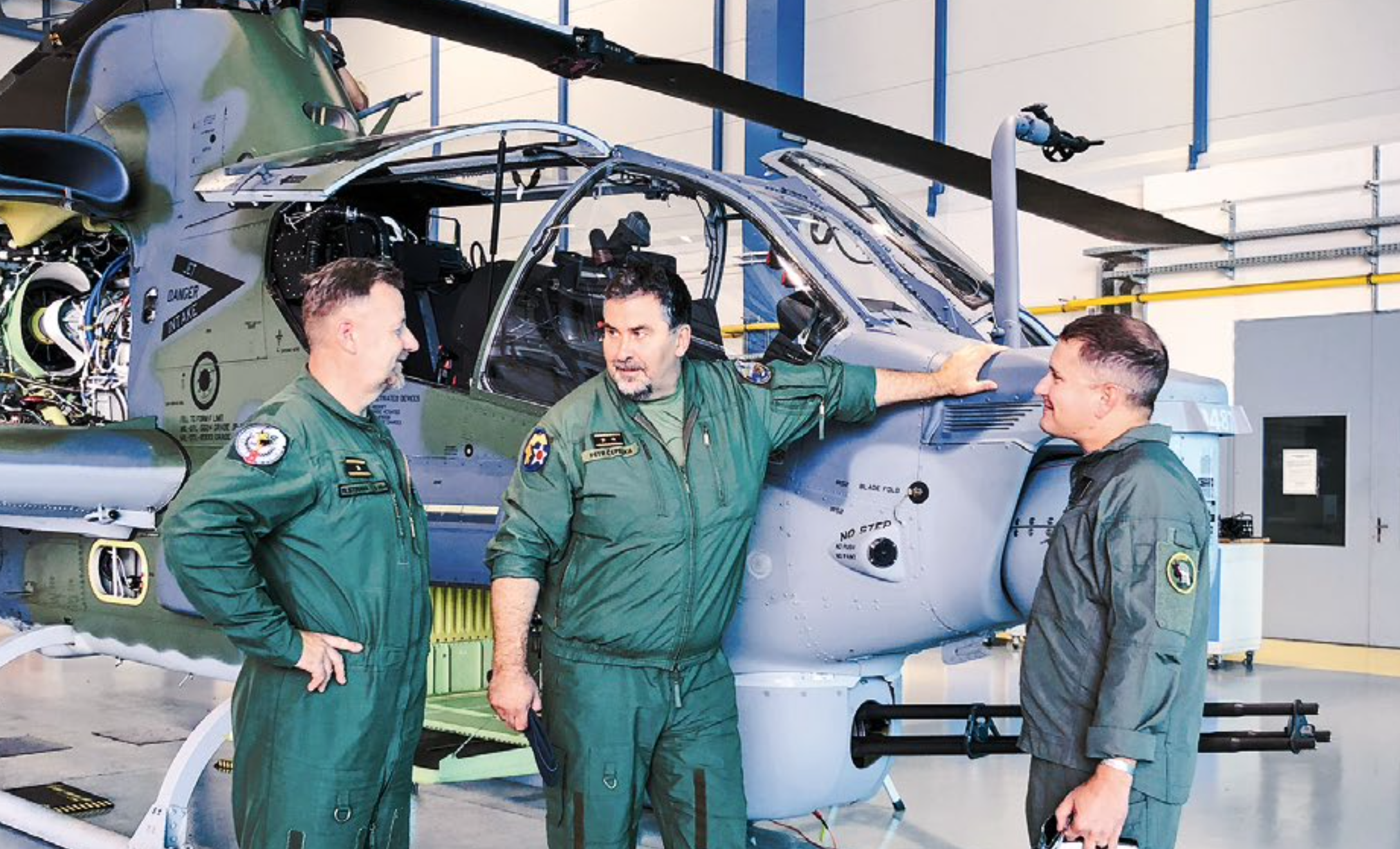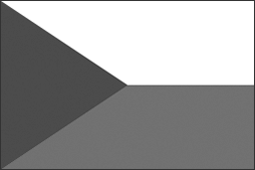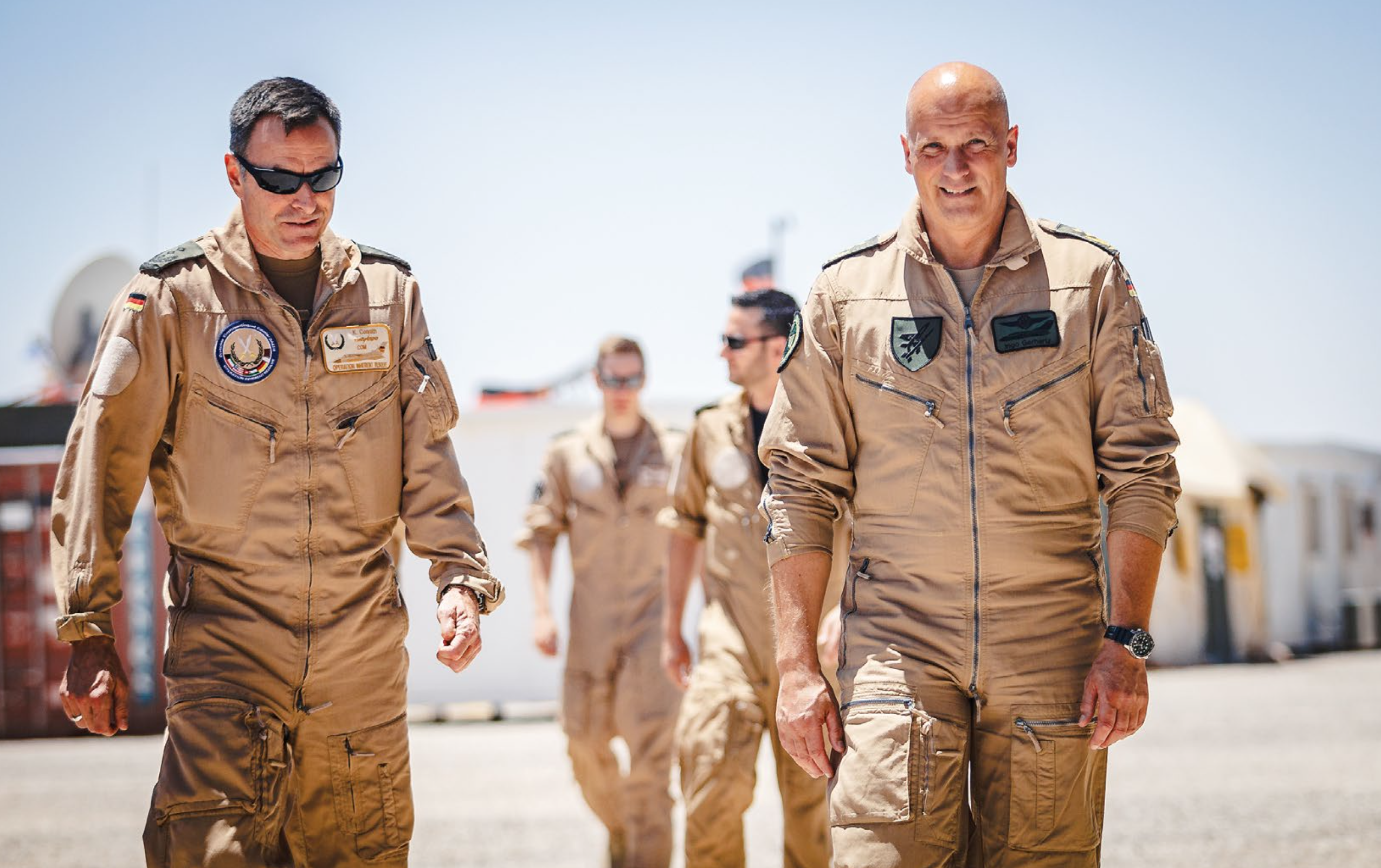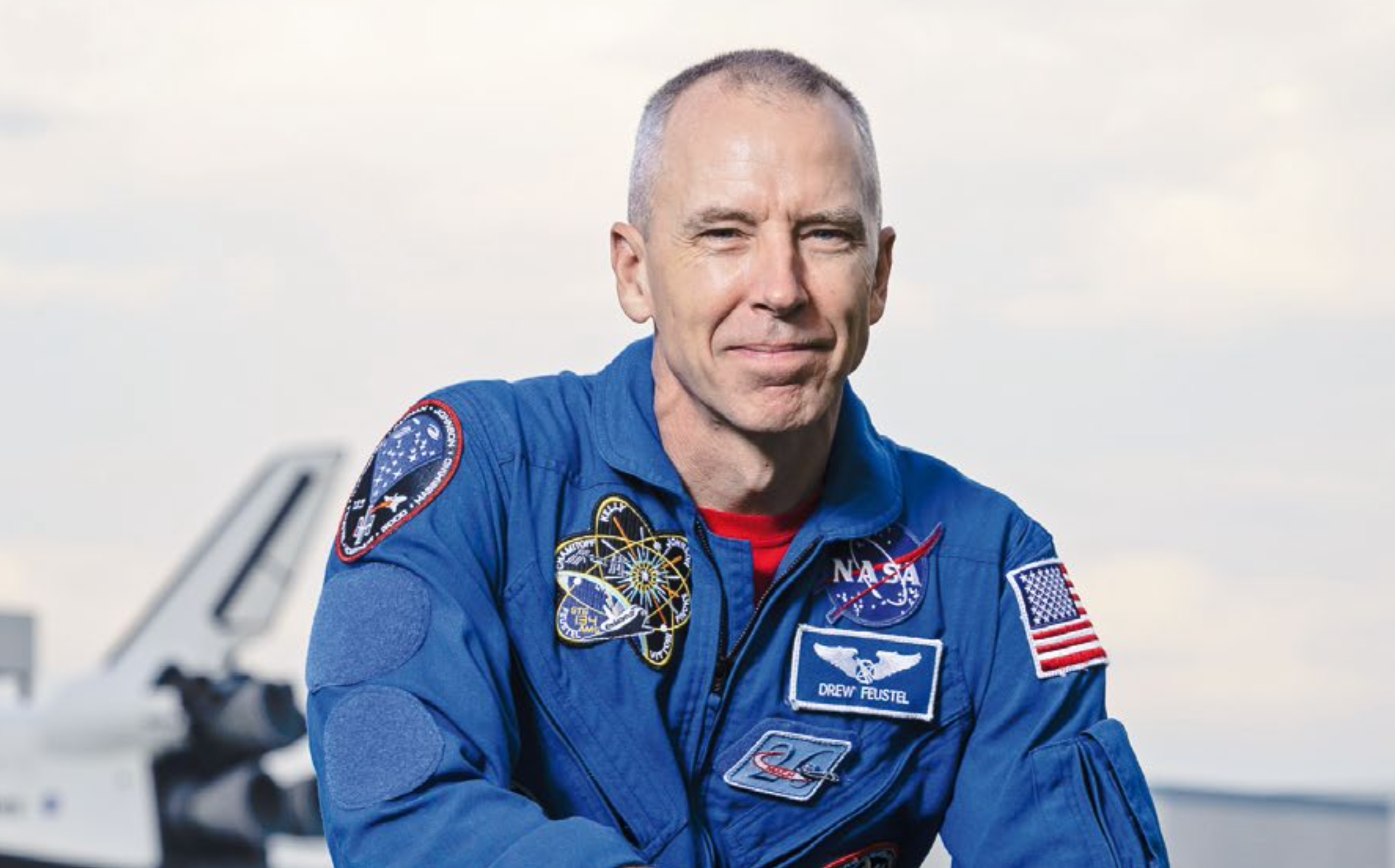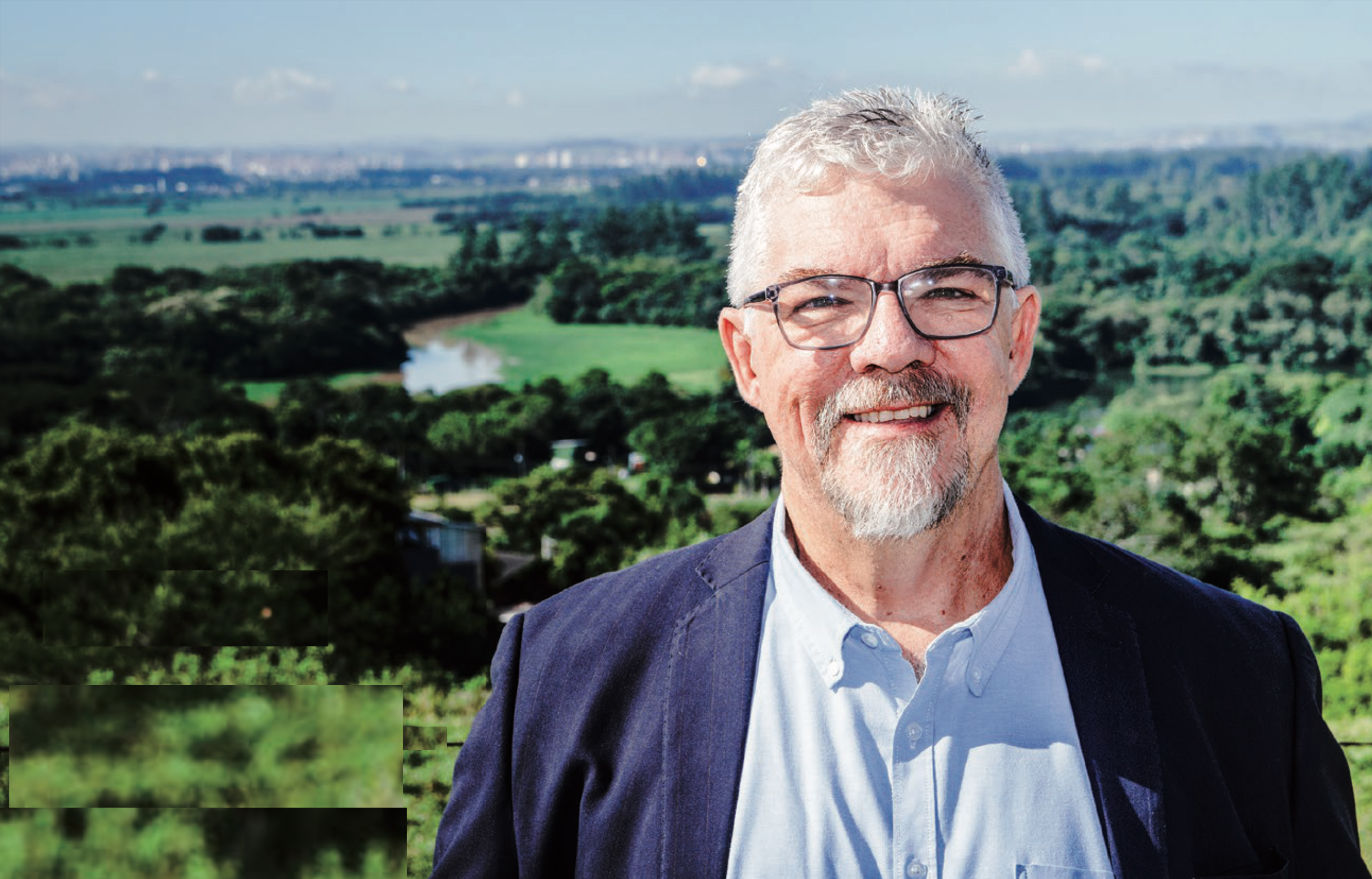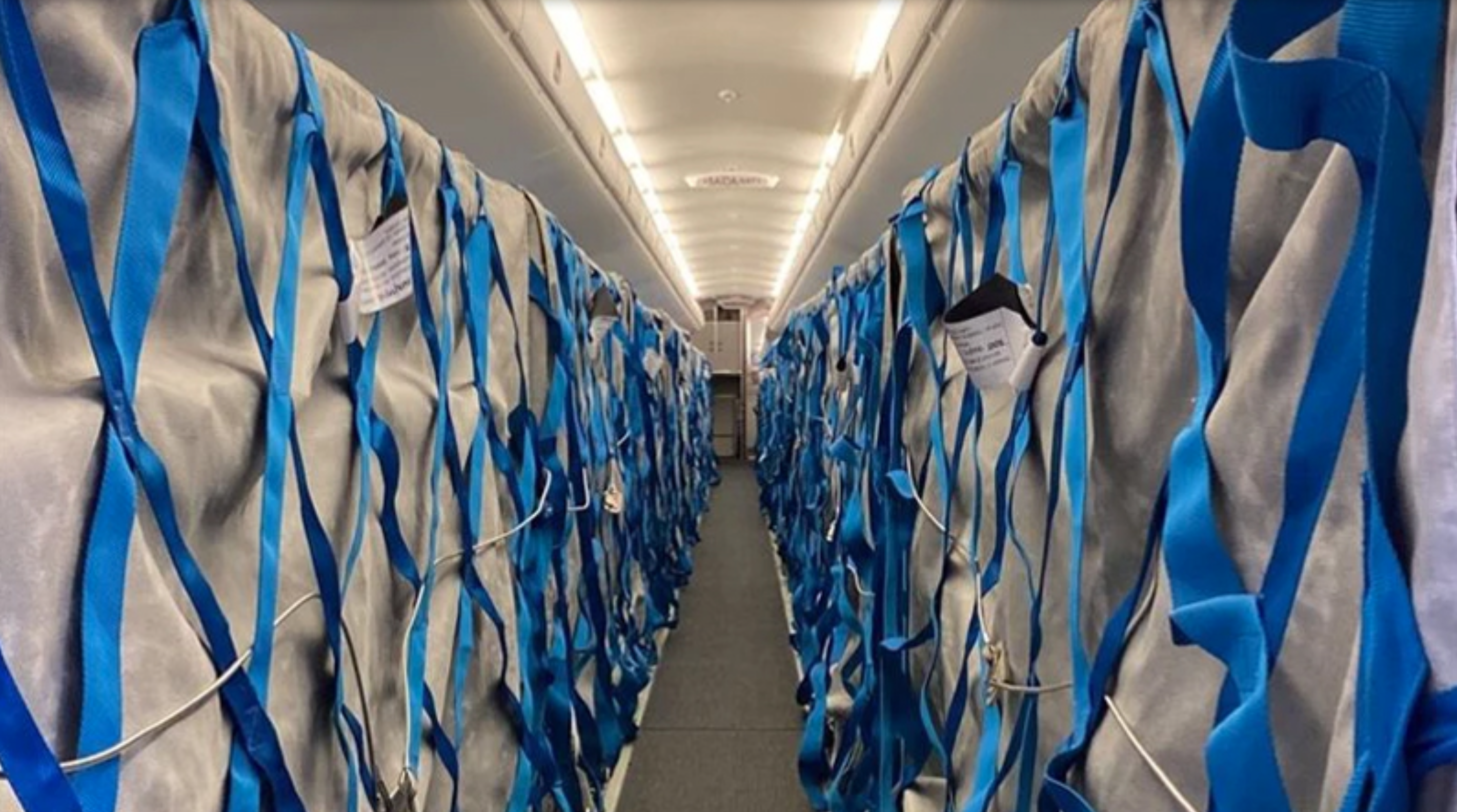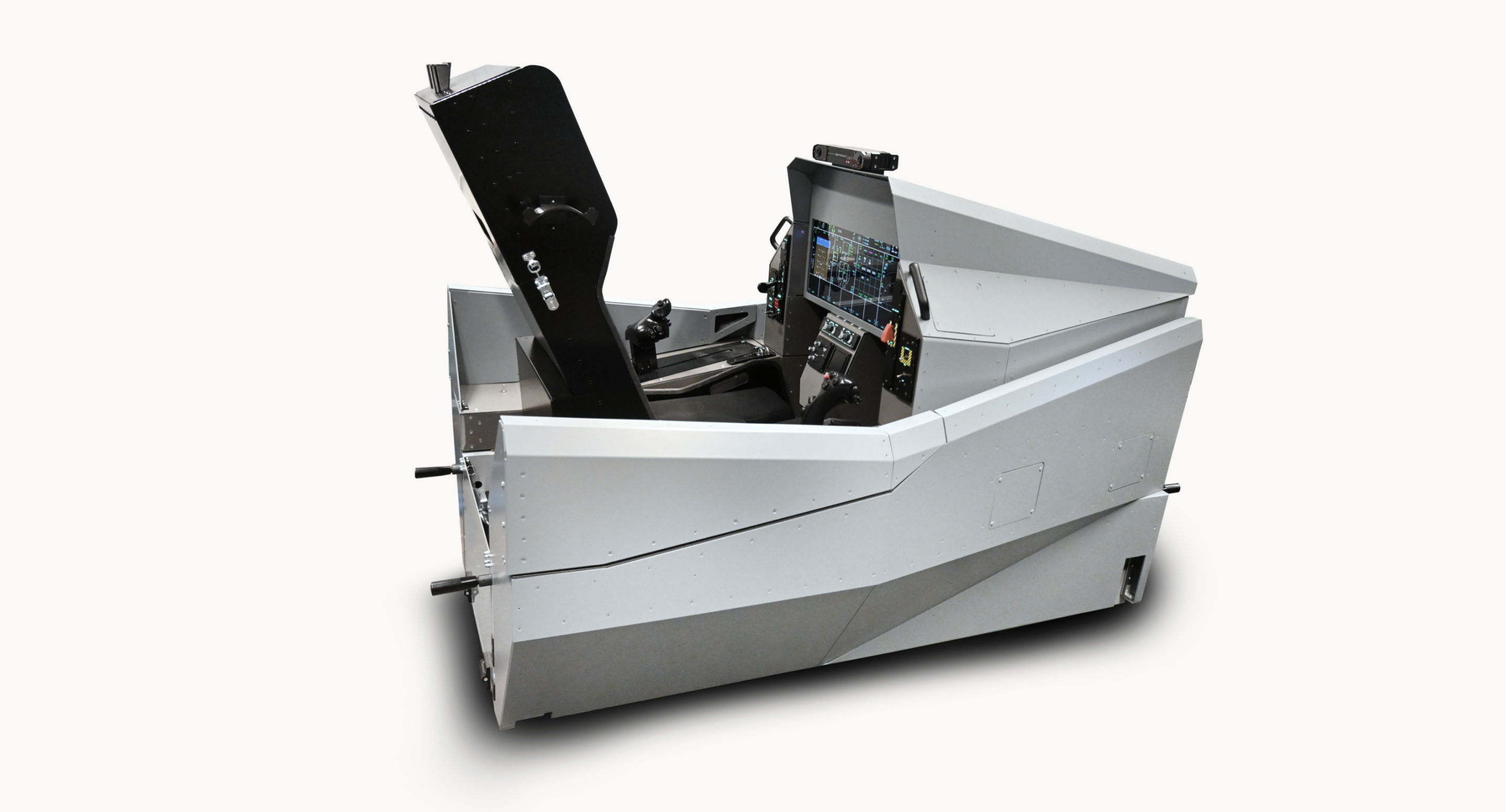There is a need to inform the general public of the importance of space activities and to persuade students and entrepreneurs that work on space projects is not just for the chosen few. These are inter alia the propositions agreed on by the participants at the Space Industry Conference which took place on Wednesday 20 March in Bratislava, the first ever space industry conference to be held in Slovakia. And for this reason it was of great importance and benefit for the host country.
European space industry leaders gathered at the reconstructed premises of a former concrete plant on the outskirts of Bratislava. The speakers included space architects, visionaries and managers of successful companies of the sector. At the very beginning, visitors from both home and from neighbouring countries took notice as Czech space architect Tomáš Rousek occupied the podium for almost half an hour. In addition to his proposals for stays on the Moon and on Mars, he also spoke of the importance of sustainable architecture on our own planet. “We should continue to strive for the greatest possible symbiosis between people and nature, even when using modern technologies,” Rousek said. He talked more about his work in an interview you will find in this issue of Aerospace. The Czech Republic was also represented by others: Marek Aldorf talked about the ESA BIC Prague and ESA BIC Brno space incubators, and we also asked him a few questions.
A special ecosystem is being developed
Tomáš Rousek’s speech was not the end of the debate on natural materials, indeed the opposite was the case. The audience soon understood that for space travel it is important to develop not only rockets and space craft, but also food that the crew will be able to grow right there on board. Space architect and chief of the LIQUIFER Systems Group platform Barbara Imhof spoke about the fact that something like this can be achieved even thousands of kilometres from Earth. “In recent months, the EDEN ISS project has attempted to grow different kinds of vegetables in a specially adapted container and has succeeded. We placed the container in the freezing conditions of Antarctica, the vegetables grew there without daylight, soil or pesticides. We succeeded inter alia through the use of LED lighting and by circulating a water and nutrient solution. This project is not the first of its kind, astronauts have enjoyed vegetables in space before. However, EDEN ISS aims to grow as many plant species as possible in these conditions, ”Imhof explained.

Meanwhile, European Space Agency (ESA) employee Christophe Lasseur has been leading the Micro-Ecological Life Support System Alternative (MELiSSA) for two decades, aiming to create a flawless ecosystem for space craft. How does this work? The crew recycles all waste and makes new food from it, for example from their own urine or using specially developed bacteria. Only in this way can astronauts withstand the journey to Mars and other planets for several years without relying on the transport of nutrients from Earth. But as the experienced French scientist admits, MELiSSA still has a number of substantial drawbacks. “Many experts have been working on the project for a long time now and it is still a huge challenge for us. We want to get our astronauts back alive, so there is a huge emphasis on safety,” Lasseur pointed out.
State-of-the-art technology is heading into space
Space dreamers and enthusiasts for technologies which have yet to work in practice, but soon might, have come into their own. The founder of the Italian company MARS CITY, Antonio Del Mastro, presented the options for future visits to Mars or the Moon, and also indicated which new technologies developers are trying to transfer from the Earth’s surface into space. “Space-based equipment, like that on Earth, will use 3D printing, virtual reality, and the digital twin concept. The Internet of Things (IoT) and Industry 4.0, which are nowadays often discussed, are also being considered. Thanks to virtual reality, we can discover the universe not only physically, by sending people and space stations into space, but also by the virtual simulation of space missions. But we all have to solve the economic aspect of projects, which can be a major obstacle, ” said Del Mastro in his speech.
In addition to him, ENPULSION’s founder Alexander Reissner, Daniel Sors Raurell of British Open Cosmos, and William Carbone of IBM, Chairman of the Technical Experts Council for the Czech Republic and Slovakia, all presented existing space industry projects. NASA scientist Les Johnson then drew the programme to a symbolic close with his contribution.
First Slovak astronaut also in attendance
The Space Industry Conference was of great benefit to representatives of specific companies, who could meet new colleagues from within the industry and exchange contacts. But if it can literally be a jumping-off point to a brighter tomorrow for anyone, then it is for the host country itself – Slovakia. Although Slovaks are engaged in a number of space projects and are active in this area, space industry has not yet been much discussed in their country, has not been put much to the fore and is promoted only sporadically when compared, for example, to the neighbouring Czech Republic. Now there could be a dramatic change, perhaps because this February, exactly 20 years have passed since the first Slovak astronaut Ivan Bella headed for space. He also had something to say at the conference.
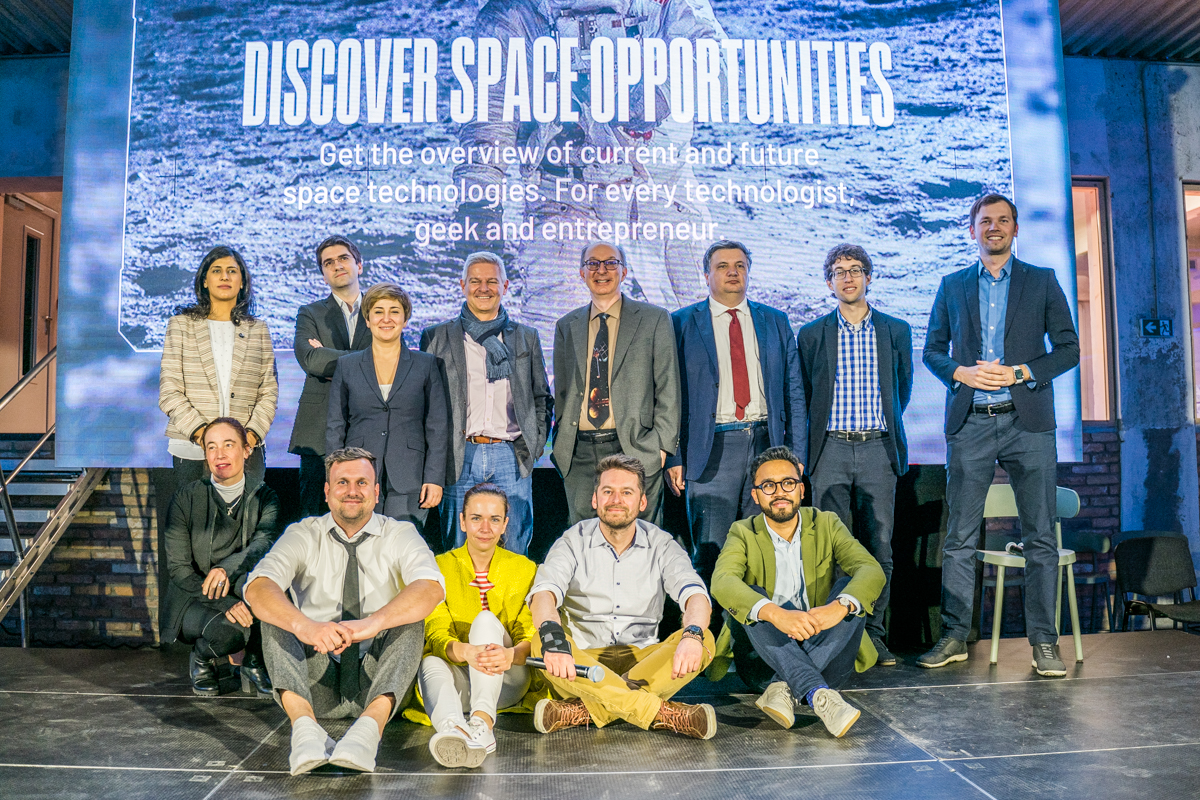
“Individual scientific institutions from Slovakia are actively involved in various international programmes, but unfortunately the public does not know much about them. Slovakia is the only V4 country (Czech Republic, Slovakia, Hungary, Poland – ed.) which is not a member of ESA. This is a shame, because this would open up the way to things that have so far only been talked of. We should stop being just a cheap source of labour, but should build a well-educated society that will produce people who will bring Slovakia significantly higher added value. The universe and its exploitation are just such an area where the well-educated can assert themselves,” Ivan Bella, who was not on the advance list of speakers, said in his brief statement, appearing on stage as an unexpected guest.
Only time will tell if Slovakia can be promoted as a prominent player in the European space industry. In any event, the Space Industry Conference is a first step for this Central European country to begin this great journey.
Text: Martin Schwarz
Translation: Romana Moares
Photo: Space Industry Conference
